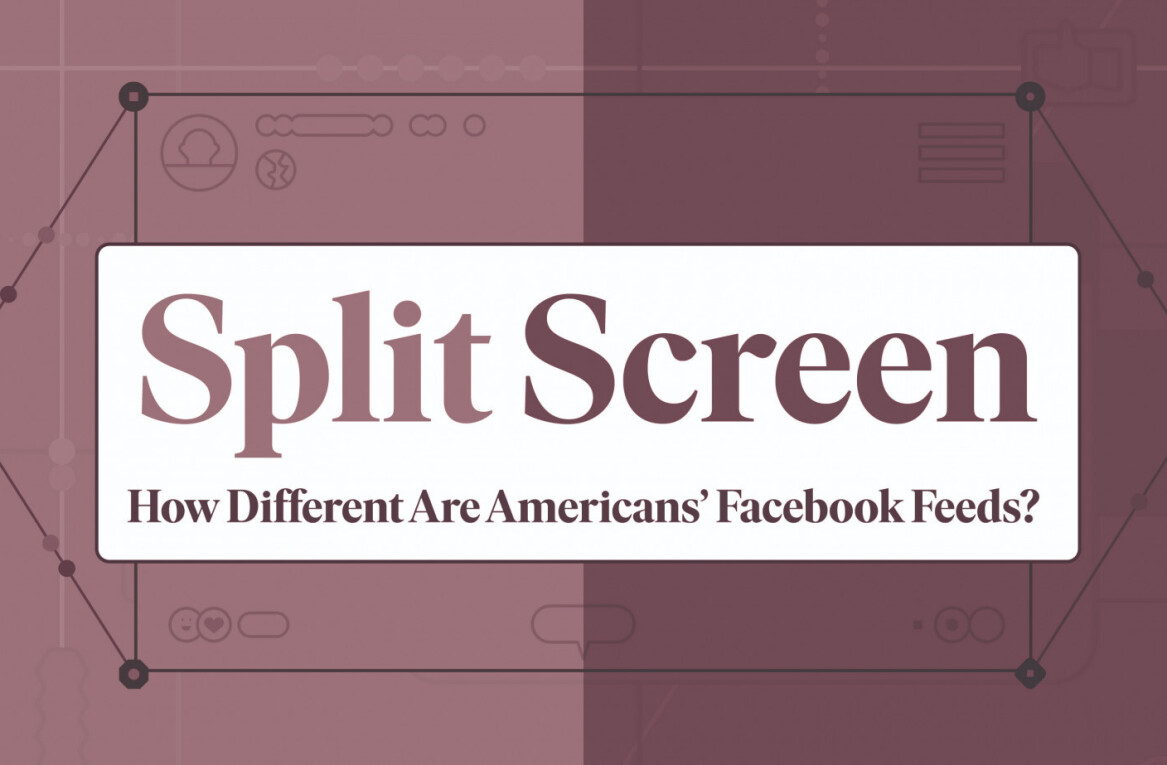
Facebook today introduced a new Android Developer Center for developers looking for tools and resources to build social apps. The company also announced Facebook SDK 3.0 Beta for Android, which it is calling “the biggest overhaul of our Android SDK so far.” The SDK update features new native UI controls, simplified session management, better Facebook API support, and mobile install measurement.

The new Android Developer Center isn’t just a fresh coat of paint. It has a bunch of new content:
- Getting Started: Get up and running with the SDK.
- Tutorial: Walk through building your Facebook integration.
- Concepts: Learn the basics of building and growing your app with Facebook.
- Reference docs: Start coding with our documentation and sample code.
Okay, now back to the new SDK, which Facebook says makes it easier to build “more immersive social experiences” as well as “better distribute and promote your app.” More importantly, the SDK is backwards compatible.
The new native UI controls now have built-in caching and on-demand loading that Facebook says make them more efficient and responsive when compared to Web dialogs. The list includes several pre-built Fragments and Views for common tasks:
- Friend Picker lets people tag friends in an Open Graph action or find other people who installed your app.
- Places Picker shows nearby places with customizable locations.
- Profile Picture control shows the profile picture for any Facebook object, including people, places and things.
- Login controls simplify how you manage user identity and app permissions.
The first and last ones are shown here:

In terms of simplified session management, the beta also includes several tools to simplify authentication and authorization, caching of the login state in SharedPreferences by default, and the ability to serialize sessions to support low memory scenarios.
As for better Facebook API support, you can now batch SDK requests for API calls, callbacks and listeners are factored in to better support MVC-style programming, and Facebook JSON data can be manipulated with strongly-typed interfaces.
Last but not least, mobile install measurement allows you to measure clicks and installs for mobile app install ads (see yesterday’s announcement).
Image credit: Iva Villi
Get the TNW newsletter
Get the most important tech news in your inbox each week.





